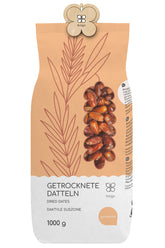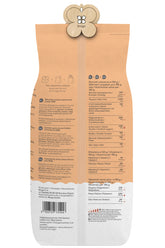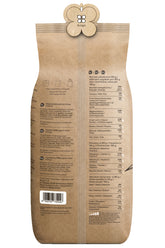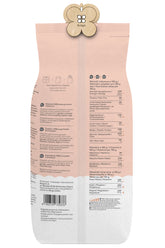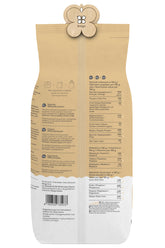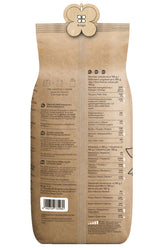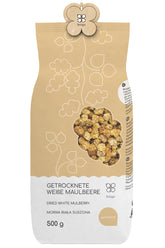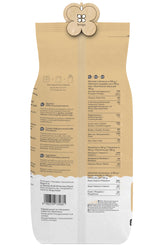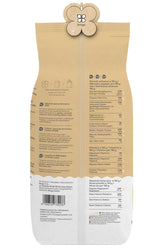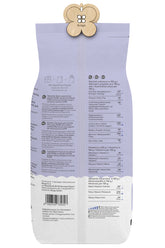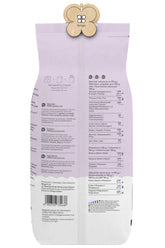Borax – A classic of chemistry that shaped the development of glass and laboratories
Borax, also known as sodium tetraborate, is a fascinating mineral that has played an important role in the development of chemistry and industry for centuries. This white, crystalline salt has a long and fascinating history that dates back to antiquity. In this blog post, we will take an in-depth look at borax and its diverse applications.
The discovery and extraction of borax
Borax was first discovered in the 8th century in Persia, where it occurred in natural deposits. The Arabs were the first to mine borax and use it for various purposes, such as glass production. In the 18th century, borax was then also found in Tibet and China, where it was also considered a valuable raw material.
The extraction of borax was initially done by evaporating salt lakes and springs where the mineral naturally accumulated. Later, methods were also developed to extract borax from other borate minerals such as kernite or ulexite. Today, borax is mainly obtained from borax deposits in the United States, Turkey, and Argentina.
Properties and uses of borax
Borax is a sodium compound consisting of sodium, boron, and oxygen. It is characterized by its unique chemical and physical properties:
Crystal structure and crystallization
Borax forms large, colorless crystals that have a characteristic appearance. The crystals consist of a framework of boron-oxygen tetrahedra connected by sodium ions. This crystal lattice gives borax high stability and hardness.
When heated, borax loses its water of crystallization and transforms into an amorphous, glass-like substance. Through slow cooling, borax can return to its crystalline form.
Chemical properties
Borax is a weakly basic salt that is soluble in water. It reacts with acids to form boric acid. Additionally, borax has complex formation properties that make it interesting for many chemical applications.
Use in industry and household
Due to its diverse properties, borax is used in numerous industrial sectors:
-
In the glass industry, borax serves as a flux for the production of borosilicate glass, which is heat-resistant and chemically very stable. This glass is used for laboratory glassware, cookware, and technical applications.
-
In ceramic production, borax is used as a glaze and flux to improve the surface properties of ceramic products.
-
In detergents and cleaning products, borax functions as a bleaching agent, water softener, and cleaning enhancer.
-
In agriculture, borax is used as a fertilizer since boron is essential for plant growth.
-
Borax is also used in medicine and cosmetics, for example as a preservative or component of ointments.
Furthermore, borax is a popular household remedy that can be used in various ways - from cleaning surfaces to pest control.
The history of borax and its significance for the development of chemistry
Borax has a fascinating history that is closely linked to the development of chemistry as a science. As early as the Middle Ages, borax was used in alchemy laboratories to alloy metals and produce glass.
In the 18th century, borax gained increasing importance for the emerging field of chemistry. Swedish chemist Jöns Jacob Berzelius investigated the composition of borax and discovered the element boron in the process. This was an important milestone in the research of chemical elements.
Furthermore, borax played a crucial role in the development of modern laboratory techniques. As a flux, it enabled the production of high-temperature-resistant borosilicate glass, which remains the material of choice for laboratory equipment to this day. Without borax, many of today's common laboratory instruments and methods would not have been possible.
Borax - a classic with a future
Thus, borax has a long and fascinating history that dates back to antiquity. From its use in glass production to the discovery of new chemical elements and the development of modern laboratory techniques - this mineral has significantly shaped chemistry and industry.
Even today, borax remains an important raw material with diverse applications. Its unique properties make it an indispensable component in numerous products and processes. Whether in industry, household, or research - borax remains a classic of chemistry with a future.

